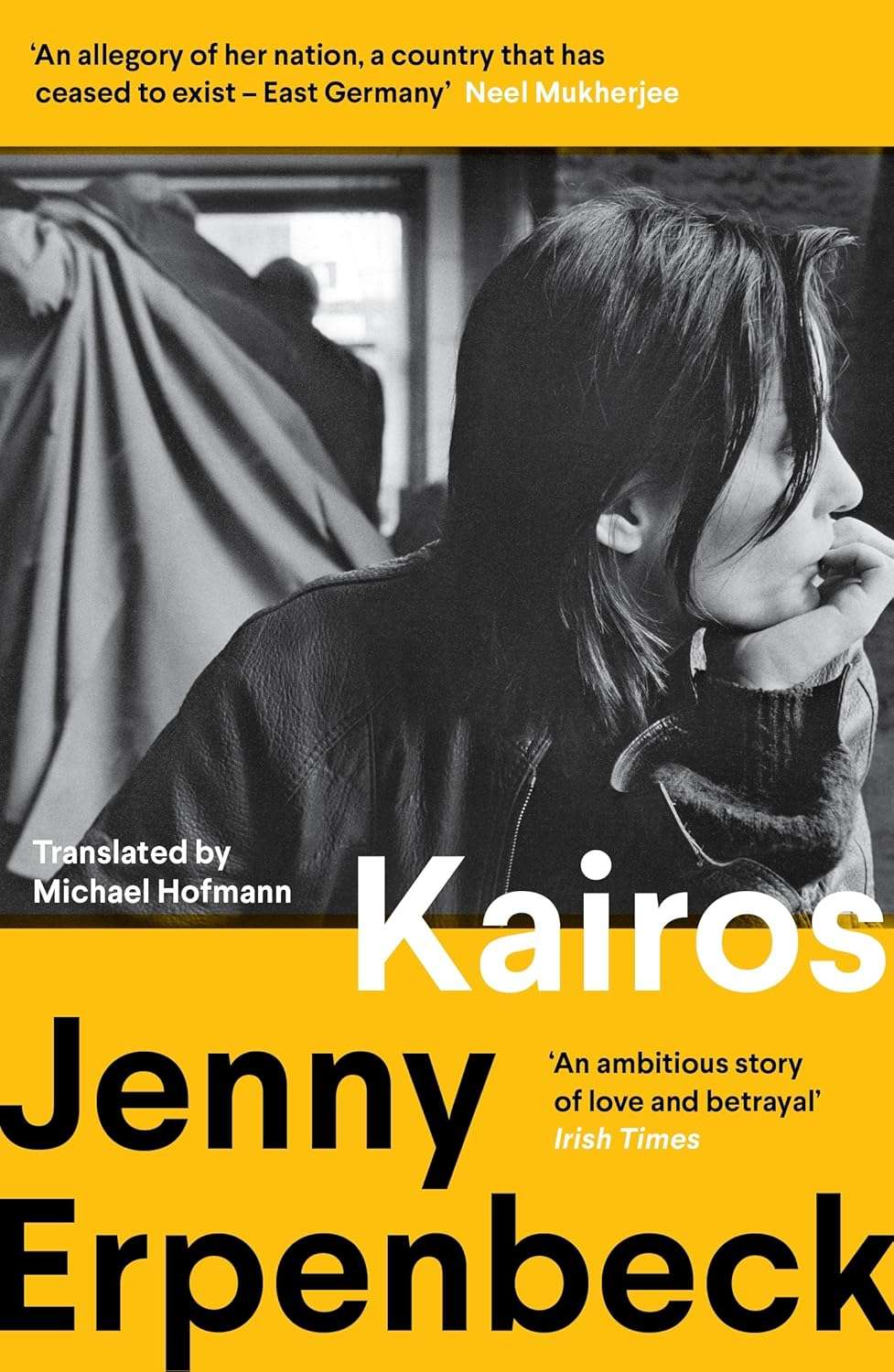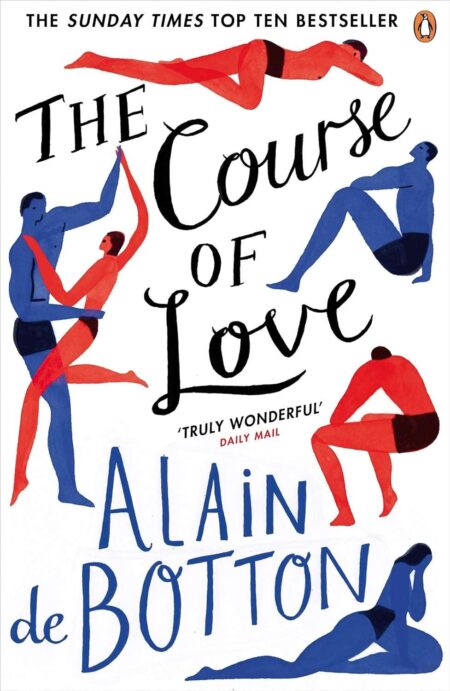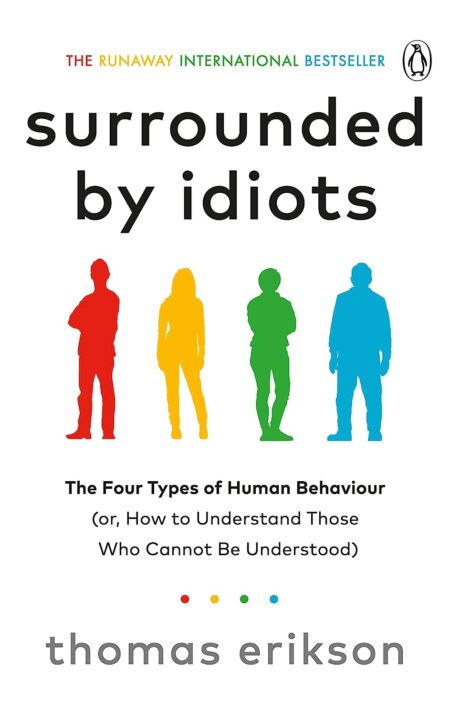Description
**Book: *Kairos* by Jenny Erpenbeck**
*Kairos* by **Jenny Erpenbeck** is a poignant and beautifully crafted novel that explores the themes of love, history, time, and the passage of life. Set against the backdrop of political upheaval and personal transformation, the book delves into the ways in which moments of change can shape our lives, offering readers a reflection on the meaning of time and the choices we make. Through its thoughtful narrative, *Kairos* invites readers to consider how pivotal moments — “kairos” — in our lives can shape our futures and influence our understanding of the past.
—
### **Story Overview**
The story of *Kairos* unfolds through the intertwined lives of its central characters, **Georg** and **Susanne**. Set primarily in Berlin during the years leading up to the fall of the Berlin Wall, the novel captures a time of significant social, political, and personal transformation. Georg, an academic, is drawn into a complex and passionate relationship with Susanne, a woman whose own life and choices are marked by the weight of political reality.
Their relationship becomes a reflection of both their personal desires and the larger societal forces at play during the Cold War. The novel is as much about their evolving relationship as it is about the tension between personal freedom and political constraint. As their lives unfold, the narrative explores how the pressures of history and politics can impact personal lives, and how individual choices — no matter how small — can become monumental moments that define a person’s destiny.
Through the lens of their relationship, *Kairos* reflects on the broader theme of time — both historical and personal — and the way “kairos,” a Greek word meaning “the opportune moment,” serves as a guiding principle. The book examines how pivotal moments of change in love, life, and politics can reverberate across years, altering the course of one’s life in ways both expected and unforeseen.
—
### **Key Themes and Concepts**
1. **The Concept of Kairos (The Opportune Moment)**: The central theme of *Kairos* revolves around the Greek concept of *kairos*, which refers to the “right” or “opportune” moment. The novel weaves this idea throughout the story, examining how key moments in time can be pivotal to personal change and growth. The book invites readers to reflect on their own moments of kairos and how they have shaped the course of their lives.
2. **Time and History**: Set in a period of profound political and social change, *Kairos* explores how the passage of time impacts individuals and their relationships. The novel captures the tensions of the Cold War era, but also highlights how time’s personal effect can often be just as transformative as the historical moments shaping the world around us. Georg and Susanne’s relationship plays out against the backdrop of an ever-changing world, drawing attention to the intersection of private lives with larger historical forces.
3. **Love and Loss**: At the heart of *Kairos* is a deeply moving exploration of love, longing, and the impact of personal loss. The novel examines the complexities of romantic relationships, the ways in which love is both a source of personal fulfillment and a source of painful tension, especially when influenced by external pressures. The evolving dynamics between Georg and Susanne underscore the fragility and intensity of human connection.
4. **Personal vs. Political**: One of the novel’s major themes is the tension between personal and political realities. Through Georg and Susanne’s experiences, *Kairos* reflects on how personal relationships are often shaped by the political climates in which they exist. The characters’ lives are altered by the forces of history, but they must navigate those challenges in the context of their own desires and emotions.
5. **Memory and the Past**: The novel explores the themes of memory, the past, and how personal history can shape the way we live in the present. Georg’s relationship with Susanne is marked by their individual recollections of past events, and the story invites readers to consider how memory influences our perception of time and personal growth.
—
### **Why You Should Read *Kairos***
1. **A Deep Reflection on Time**: If you’re interested in a novel that explores the concept of time in both personal and historical contexts, *Kairos* offers a compelling narrative. It examines how moments, both big and small, shape lives and how history is interwoven with our own personal stories. The concept of *kairos* provides a philosophical exploration of timing and fate that will resonate with readers who enjoy meditative, introspective fiction.
2. **Beautifully Written**: Jenny Erpenbeck’s writing is exquisite, with a deep sensitivity to the complexities of human relationships and historical events. Her ability to weave together personal and political history into a cohesive and thought-provoking narrative makes this novel a rich and rewarding experience.
3. **Exploration of Love in Complex Times**: For readers who enjoy literary fiction that examines love and relationships against the backdrop of larger societal changes, *Kairos* offers a nuanced and tender exploration of romantic entanglements in times of political unrest. The emotional depth of Georg and Susanne’s relationship provides an engaging and empathetic lens through which to explore the challenges of love and loss.
4. **Philosophical and Thought-Provoking**: *Kairos* invites readers to consider their own “kairos” moments — those turning points in life that define who we are and where we are going. The book’s reflective nature makes it an excellent choice for readers who enjoy philosophical fiction that encourages introspection and a deeper understanding of the human condition.
5. **Timely and Relevant**: While the novel is set in the Cold War era, the themes it explores — love, political tension, memory, and personal growth — are timeless and universally relevant. *Kairos* speaks to the ways in which history and individual lives are interconnected, making it a thought-provoking read for contemporary audiences.
—
### **Conclusion**
*Kairos* by **Jenny Erpenbeck** is a beautifully written novel that examines the profound impact of time on love, history, and personal transformation. Through its nuanced portrayal of a relationship set against the backdrop of political upheaval, the novel offers readers a thoughtful exploration of the ways in which personal and historical moments intersect, shaping the course of our lives. With its exploration of key themes such as time, memory, and love, *Kairos* is a reflective, deeply moving story that will resonate with readers who appreciate literary fiction that delves into the complexities of the human experience.












Reviews
There are no reviews yet.